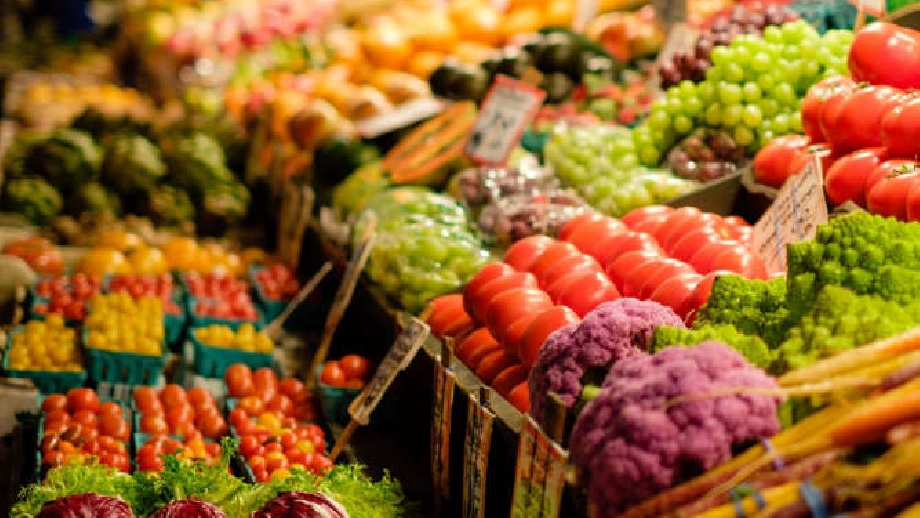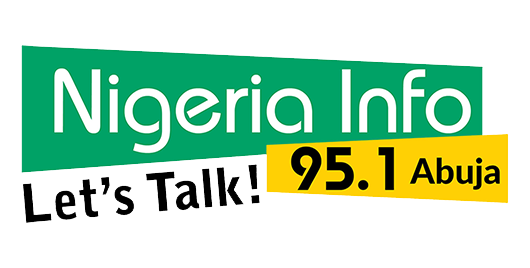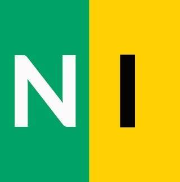
Nigeria’s headline inflation rate has surged to 19.64 percent on a year-on-year basis in July, the highest since September 2005.
The National Bureau of Statistics (NBS) said the consumer price index (CPI) which measures the rate of change in the prices of goods and services increased from 18.60 percent in June.
The NBS’ CPI report for July 2022, released on Monday, noted that increases were recorded in all classifications of individual consumption.
The Statistician-General of the Federation and Chief Executive Officer of the NBS, Prince Semiu Adenirangave a breakdown of the headline inflation figure.
“On a month-on-month basis, the Headline inflation rate in July 2022 was 1.817 percent, which was 0.001 percent higher than the rate recorded in June 2022 (1.816%),” he said.
“The percentage change in the average CPI for the twelve months period ending July 2022 over the average of the CPI for the previous twelve months period was 16.75 percent, showing a 0.46 percent increase compared to 16.30 percent recorded in July 2021.”
Adeniran attributed the increase in inflation to four major issues:
- An increase in food index attributed to the disruption in the supply of food products.
- An increase in the cost of transportation due to the higher cost of energy.
- An increase in import costs, blamed on currency depreciation.
- And a general increase in the cost of production.
Food Inflation Hits 22%
Food inflation rose to 22.02 percent, up from 20.60 percent in June.
This rise in the food index was caused by increases in the prices of bread and cereals, food products, potatoes, yam and other tubers, meat, fish, oil, and fat; the NBS report noted.
But the highest increases were recorded in the prices of gas, liquid fuel, solid fuel, passenger transport by road and air, garments, cleaning, repairs, and hire of clothing.
Akwa Ibom (22.88%), Ebonyi (22.51%), and Kogi (22.08%) states witnessed the highest prices while Jigawa (16.62%), Kaduna (17.04%), and Borno (18.04%) recorded the slowest rise in headline inflation.


